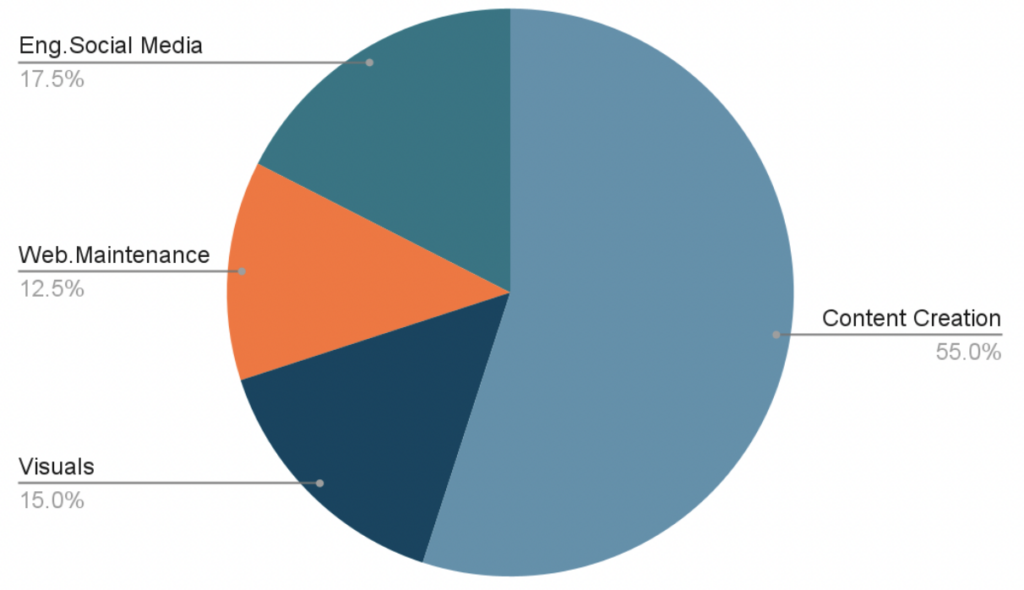This is the last book from our cozy fall reads list that I’ll be covering, expect more books within a different perspective. If you want to see the full list make sure to check out my cozy fall reads list.
For this week, as a perfect closure I chose “Breakfast at Tiffany’s” by Truman Capote.
I strongly recommend this book for everyone who likes to dig deeper and uncover the man character more. “Breakfast at Tiffany’s” is a classic that invites readers into the vibrant world of New York City’s social scene in the 1940s. At its heart is Holly Golightly, a young and elusive woman whose elegance attracts those around her. The novella is told through the eyes of an unnamed narrator who becomes entranced by Holly’s charm and unconventional lifestyle.
Here I might say that this book did not make it to my favorite’s list. I still recommend it for you my dear readers as I believe everyone reading it from their own perspective might find something new for themselves. I am not saying that I hated it but I am not saying that I enjoyed it either.
So as you might already anticipate this review will differ from my previous ones.
Light, I would even say windy, Holly Golightly flutters through her life within the pages of this book. She lives out of suitcases, tries not to get attached to anything or anyone. She runs away from any hint of “sedentariness”. Even from an ordinary cat. But people are attracted to it and I might add there are reasons for her behavior. A difficult childhood and the need to find ways to survive early (are major ones). Hence the marriage at the age of 14, and the provision of dubious services, including, transmitting the “weather forecast” to prison. Which later comes out sideways for Holly…
But let’s drop that and continue (no spoilers as I promised!)
Holly literally flutters through life, looking for her place. She charms and manipulates people and as you might connect the dots the only thing she cares about is herself. She just can’t live by the unwritten laws of society and can’t find her place in life.
There is also a symbolic meaning in the name that she chose. After all, she refused to take the name that was given to her at birth, Lulamae. Instead she took – Holiday which by obviously means a day of festivity. As wherever she goes there is always a party around her and amounts of people wanting to be in her vicinity. It also appeared for me that with her name “Holiday” she is compensating for something that was missing from her life. As for her surname, even though she has inherited it from her husband, the translation also adds a sense of symbolism to her character which means: going to the light. So Holly travels to the ‘light’ that only she can see. As she has a dream, and her dream’s name is – Tiffany.
I really don’t want to spoil it for you as I am sure you heard a lot about this book (or movie) and are willing to explore it yourself! I would like to chat about it even more if you have different thoughts on it, feel free to comment under this post.
Enjoy your reading!

